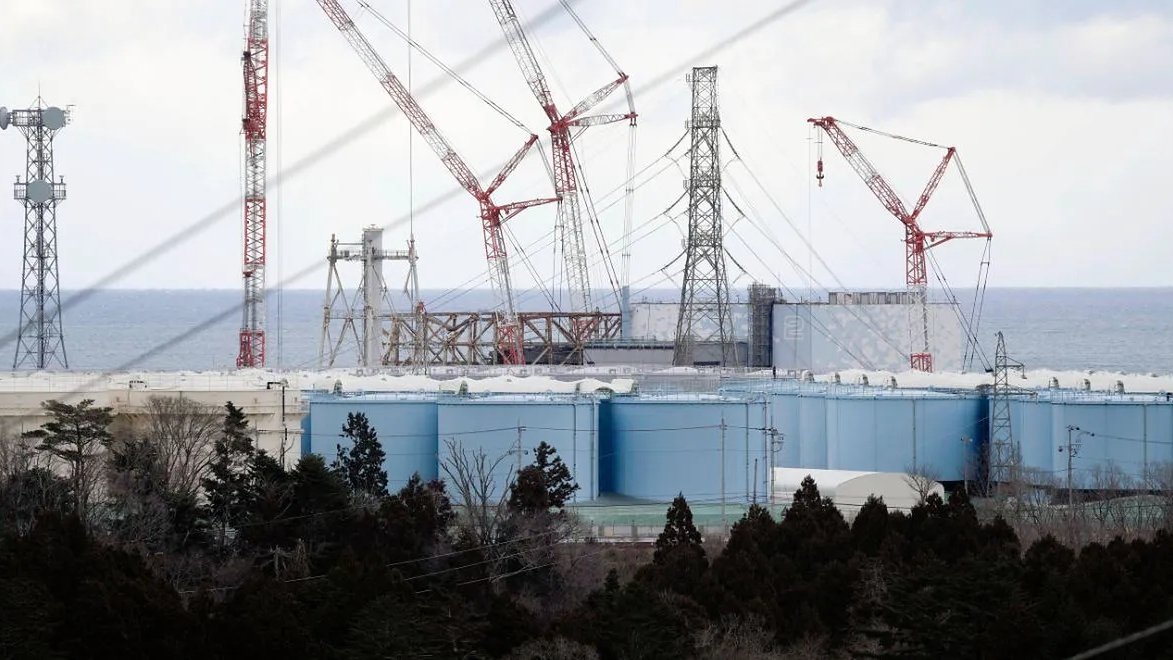Japan began dumping purified radioactive water from Fukushima into the ocean. What will be the consequences?
Estimated reading time: 3 minutes
Japan began discharging radioactive water from its damaged Fukushima nuclear power plant into the ocean on Thursday, sparking opposition in the region. In Seoul, police detained 14 demonstrators.

Water from Fukushima to the ocean. This worries Japan's neighbors
Japan began discharging radioactive water from its damaged Fukushima nuclear power plant into the ocean on Thursday, sparking opposition in the region. In Seoul, police detained 14 demonstrators who tried to get to the Japanese embassy. China described the decision as "irresponsible and selfish".
Japan has long planned to dump filtered and diluted water from the Fukushima nuclear power plant into the ocean.
The government in Tokyo, supported by the opinions of scientists, ensures that it does not cause an ecological threat and that the water meets all international standards. This is also confirmed by the International Atomic Energy Agency (IAEA), and its director Mariano Grossi assured that its experts will be present in Fukushima.
The water will initially be released in smaller amounts and with additional controls. The first discharge, totaling 7,800 cubic meters – the equivalent of about three Olympic swimming pools – will take place in about 17 days.

Protests by China, South Korea and Japanese fishermen
China reiterated its strong opposition to the action on Thursday and said Japan had failed to prove the legality of the water dump. She called the decision "irresponsible and selfish".
"The Japanese side should not cause secondary damage to the local population and even to people around the world for its own selfish interests," the Chinese foreign ministry said on Thursday. China also announced a total ban on all seafood imports from Japan.
In Seoul, police detained 14 people trying to get into the Japanese embassy. The group managed to put up a banner that read "The ocean is not Japan's dumpster". About 50 people demonstrated in front of the facility building.
South Korean Prime Minister Han Duck-soo said the ban on imports of fish and food products from Fukushima would remain in place until public concerns eased.
Japanese fishermen also protested in this matter, but the government assured them that it would support them if it turned out that no one wanted to take their fish and seafood from them.

Water contamination in Fukushima
Tony Hooker, director of Australia's Center for Radiation Research, Education, and Innovation at the University of Adelaide, said the water released from the Fukushima plant was safe. However, releasing it into the ocean is, in his opinion, a very sensitive political issue.
I understand people's concerns. As scientists, we haven't explained it intelligibly enough' Tony Hooker said.
Water contamination is the result of a tsunami accident at the Fukushima nuclear power plant in Japan in 2011. There was a failure of the cooling system, fuel rods melted and a significant emission of radioactive substances. As a result of the tsunami and the catastrophe, about 18.5 thousand people died or went missing. The water was also contaminated. The operator of the power plant stored and treated it, but current technology does not allow to eliminate tritium – a radioactive isotope of hydrogen – from it.
The contaminated water is stored in tanks with a total capacity of 1.37 million tons, the AP agency recalled. Tanks are already 98% full, which occupy a significant part of the power plant complex, must be released, and facilities for further work on liquidating the effects of the disaster will be built in their place.




